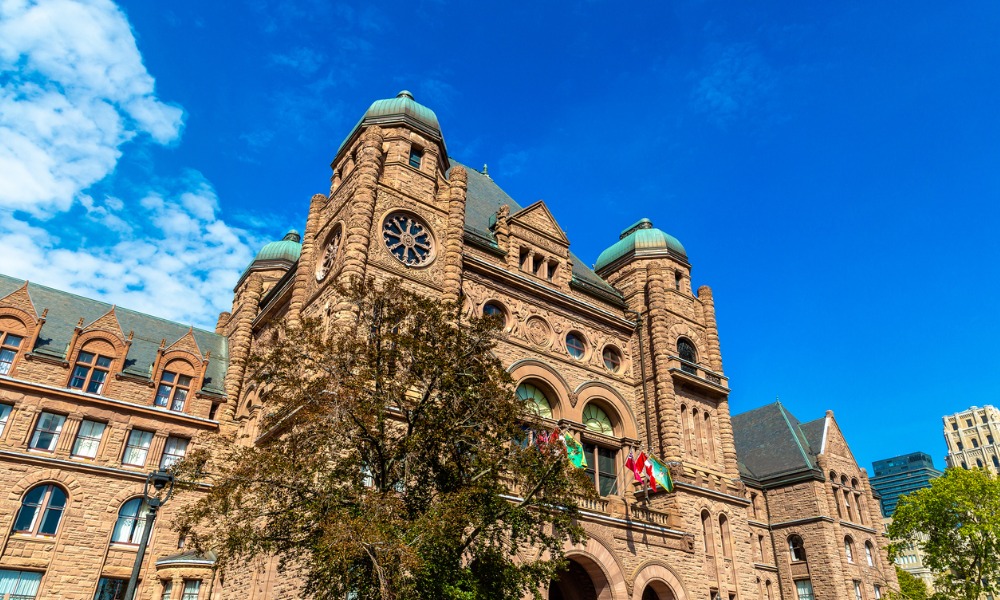
Compensation to public sector for Bill 124 repeal will reach $13 billion: FAO

Due to the recent repeal of Bill 124 which capped public sector worker salary increases for three years, Ontario already has $6 billion on the books slated for compensation payments.
And it’s only going to increase, reports The Canadian Press (CP).
CP reported that senior government officials “not authorized to speak publicly about the costs” have confirmed to the news outlet that so far the compensation awards total $6,000,800,000.
A lower Ontario court ruled the bill unconstitutional in 2022, and since then unions have been utilizing reopener clauses to claim retroactive pay for their members.
An attempt by the Ontario government to appeal the court’s decision was denied last month in a 2 – 1 vote by Ontario’s Court of Appeal.
The bill, Protecting a Sustainable Public Sector for Future Generations Act, was enacted in October 2019, and placed a one percent cap on public sector salaries for three years. Less than two months later four Ontario teacher unions announced they were launching a legal case against Bill 124, claiming the act infringed on worker rights to negotiate.
In September 2022, in the case Ontario English Catholic Teachers Assoc. v. His Majesty, 2022, Ontario superior court judge Justice Markus Koehnen found Bill 124 to be unconstitutional, stating in his decision that the bill “Prevents unions from trading off salary demands against non-monetary benefits, prevents the collective bargaining process from addressing staff shortages, interferes with the usefulness of the right to strike, interferes with the independence of interest arbitration, and interferes with the power balance between employer and employees,” according to a Global News report.
The Ontario government filed appeal documents to strike down the repeal in December 2022.
Ontario’s financial accountability office (FAO) released a report early March, stating that the Bill 124 remedial payments had already contributed to “higher-than-planned spending” towards the health, education and justice sectors.
The same office told CP that the total cost of the payments will likely add up to more that $13 million.